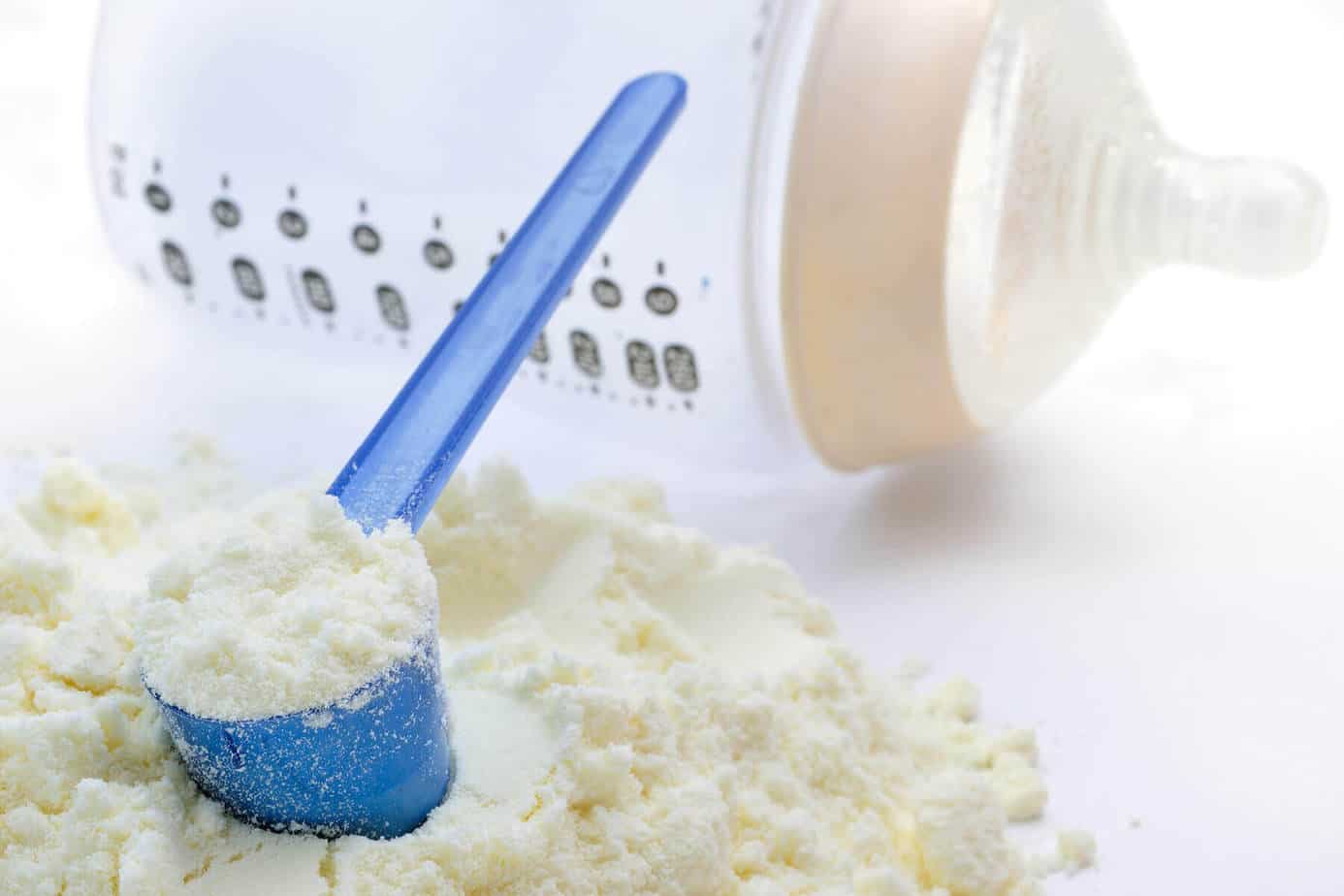What Is An Infant Formula?

The World Health Organisation (WHO) and Australian Dietary Guidelines recommend exclusive breastfeeding for the first six months of life. However in some situations breastfeeding is not possible for all mothers. Infant formula is the only recommended alternative for the first 12 months and will still help your baby to grow and develop well.
Some mothers may choose to combination feed with breast milk and infant formula, whilst others exclusively formula feed.
Ingredients Of Infant Formula
Infant formula is nutritionally complete, providing essential vitamins and minerals but it cannot provide all the protective factors found in breast milk.
- Most infant formulas are based on cows’ milk which has been modified to change the ratio of whey to casein so that the protein profile is closer to mature breast milk
- Have a blend of vegetable oils added as a fat source, and some include Omega 3
- Lactose is a sugar naturally found in infant formula
- Extra vitamins and minerals, such as iron, are also added to get the right balance of nutrition
- The composition of all infant formulas sold in Australia must comply with strict standards set by Food Standards Australia and New Zealand (FSANZ).
Infant Formula Compared To Cows’ Milk
Cows’ milk should not be introduced as a drink until 12 months of age, as it contains very little iron and vitamins and is high in sodium and protein.
It should not be given to your baby as a substitute for infant formula, which is the only suitable alternative to breast milk for babies under the age of 12 months.


